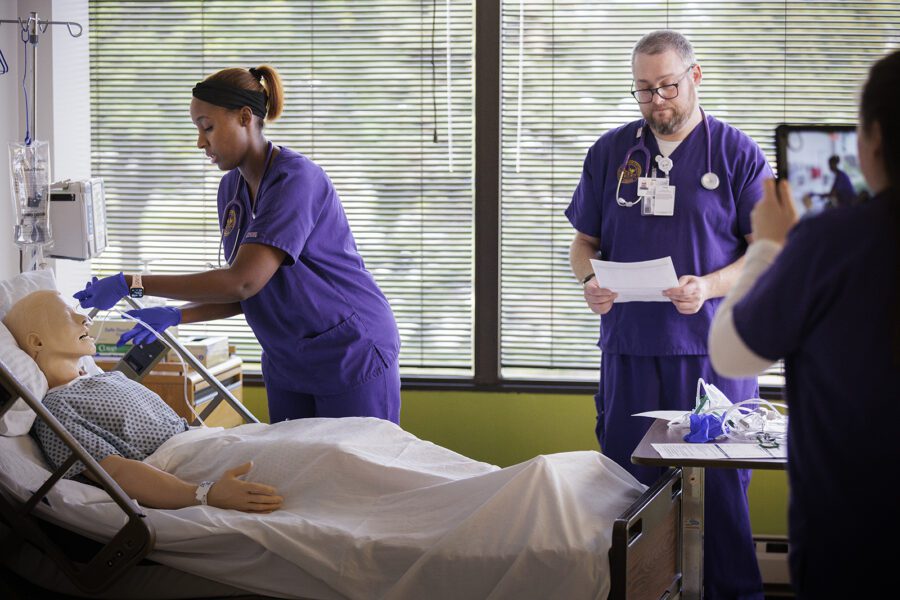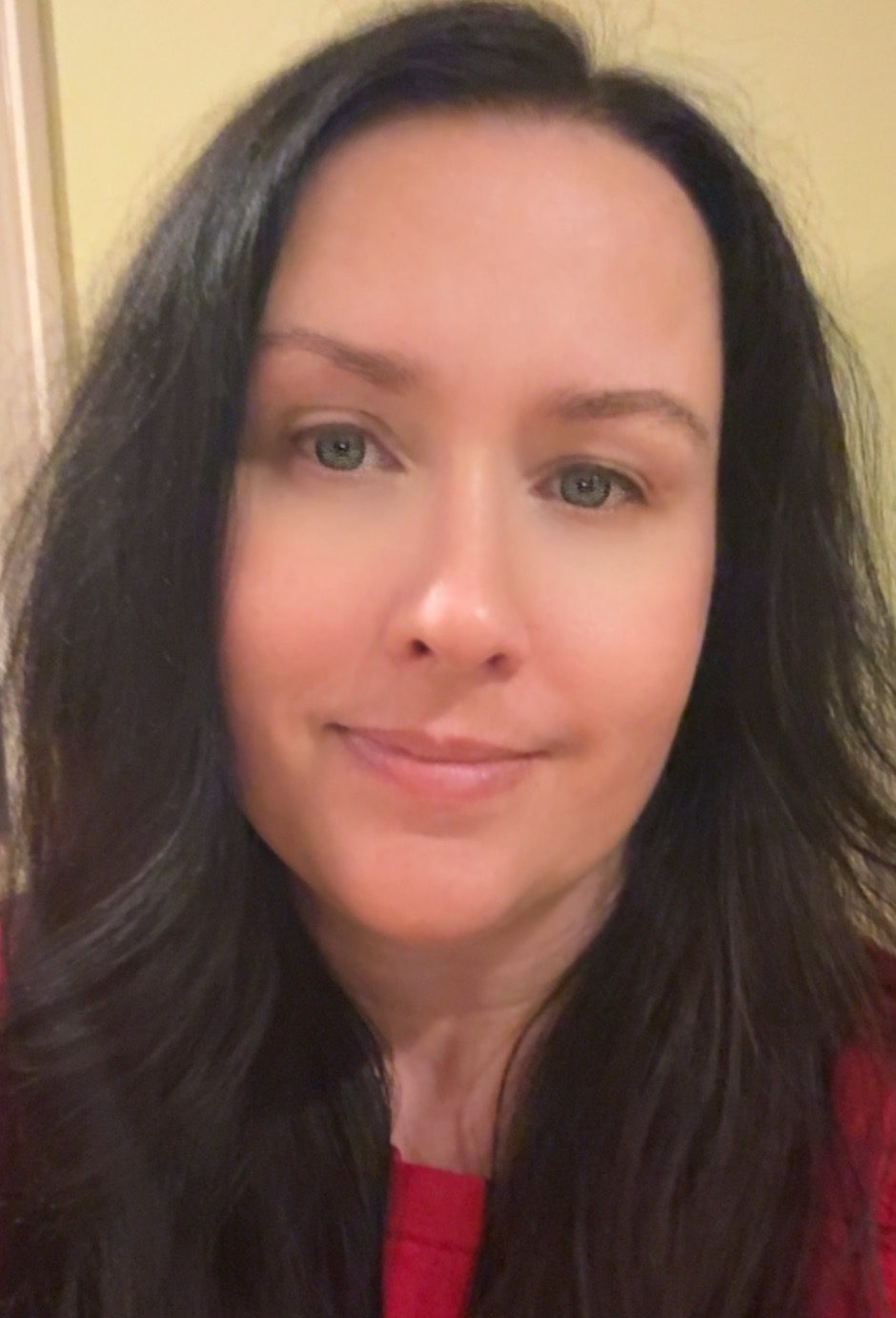
“Nurses provide a unique blend of technical skills, compassionate care, emotional support and patient advocacy that cannot be replaced by other healthcare professionals. Their ability to bridge the gap between specialized medical treatment and holistic patient care makes them essential in ensuring the overall well-being of patients.” – Prof. Marta Jovic

The School of Nursing at Olivet Nazarene University has offered outstanding programs for experienced, adult nursing professionals for many years. With multiple degree completion programs, master’s and doctoral degree offerings, and certificate programs, there are plenty of options for practicing nurses to level up their academic preparation as they continue to provide healing care to patients.
The Master of Science in Nursing Education (MSN) with a Family Nurse Practitioner (FNP) track uniquely allows nursing professionals to enhance their skill set as they expand their career options.
The following interview highlights School of Nursing assistant professor, Marta Jovic, DNP, FNP-B.C., as she discusses the benefits of advanced degrees for nursing professionals. The following interview has been edited and condensed for clarity.
Olivet: How long have you taught in the nursing program at Olivet? What are some of your favorite courses to teach?
Prof. Jovic: I have been with Olivet since 2007, and I am currently teaching in the Advanced Practice Registered Nurse (APRN) professional state licensure program. I consistently teach the chronic complex course, but have taught other courses in this program and equally love teaching them. I am a family nurse practitioner and have experience in all stages of patient care, from birth to age 99.
What are some unique elements of the MSN-FNP Program at Olivet? Why would prospective students want to choose our school for their educational pursuits?
One huge benefit is the ability to take the courses online, which is not only convenient but also allows you to obtain an advanced degree in less than 24 months. The faculty are also practicing APRNs in the field that we instruct, and we really value our work outside of the classroom. Prospective students are not just gaining a degree, they are joining a community committed to ethical, compassionate and evidence-based practice that prepares them for leadership roles.
It is also important to add that the program thoroughly prepares students for national certification as FNPs through organizations like the American Nurses Credentialing Center (ANCC) and the American Academy of Nurse Practitioners (AANP). The program’s curriculum ensures that students are equipped with the knowledge and clinical skills necessary to excel in the certification exams and to practice confidently as FNPs.
Why would a registered nurse choose to enroll in a master’s degree program for nursing?
Earning an MSN can open doors to advanced practice roles, such as nurse practitioners, nurse anesthetists, nurse midwives or clinical nurse specialists. Many nurses choose to specialize in a specific area of nursing. An MSN is often required for nurse leadership or management positions, such as nurse managers, clinical directors or healthcare administrators.
Nurses with these roles can influence organizational policies and help shape the direction of healthcare practices. Nurses can also transition into academic roles, such as nursing educators or faculty members. These positions allow nursing professionals to teach and mentor future generations of nurses, contributing to the profession’s growth and development. Also, whether individuals seek the degree out of a desire for personal fulfillment and/or to challenge themselves, it provides them with personal growth in the area of nursing.
What are the top qualities or characteristics that you hope to impart to students who will one day become nursing professionals?
First and foremost: compassion and empathy. It’s important for nurses to build trust and ensure patients feel cared for. Critical thinking and problem-solving skills are also necessary. Nurses are often faced with complex situations and need to think quickly and analyze information and make decisions based on the given information. Nurses need to be flexible and adaptable in any given environment, plus have great attention to detail, the ability to build cultural competency and work collaboratively alongside other health professionals. Finally, nurses must have ethical integrity; maintaining patient confidentiality and also advocating for patient rights.
Why, specifically, are nurses important within the healthcare system? What are some things they do that can’t be/aren’t done by other professionals?
Nurses provide direct patient care, care coordination and patient advocacy. In essence, nurses are the cornerstone of the healthcare system. They provide a unique blend of technical skills, compassionate care, emotional support and patient advocacy that cannot be replaced by other healthcare professionals. Their ability to bridge the gap between specialized medical treatment and holistic patient care makes them essential in ensuring the overall well-being of patients. One just cannot become a registered nurse; they must be accepted and complete a professional program with success.
Anything else you’d like to add about Olivet’s MSN-FNP program?
Olivet’s MSN-FNP program provides an exceptional balance of rigorous academic training, clinical experience and spiritual development to prepare nurses to become leaders in the field of healthcare. This program will help you achieve your goals while making a meaningful impact in the lives of others.
For more information on the School of Nursing at Olivet Nazarene University, visit Olivet.edu/Nursing.





